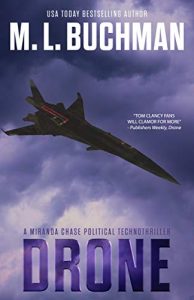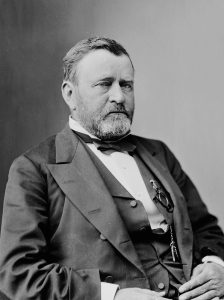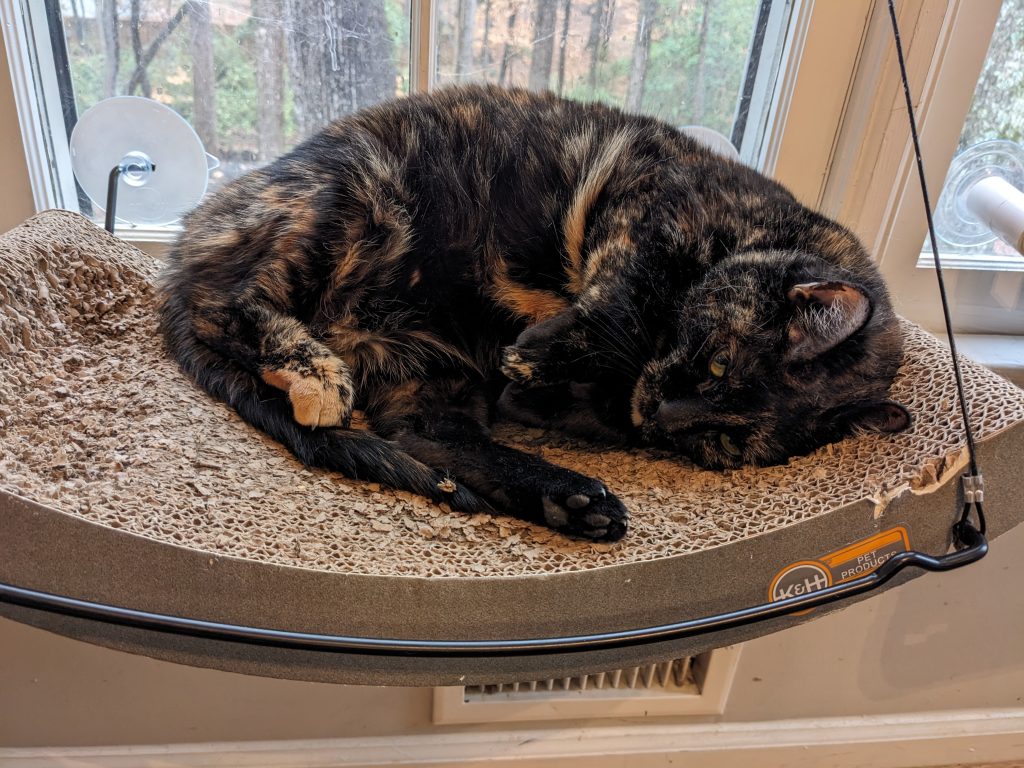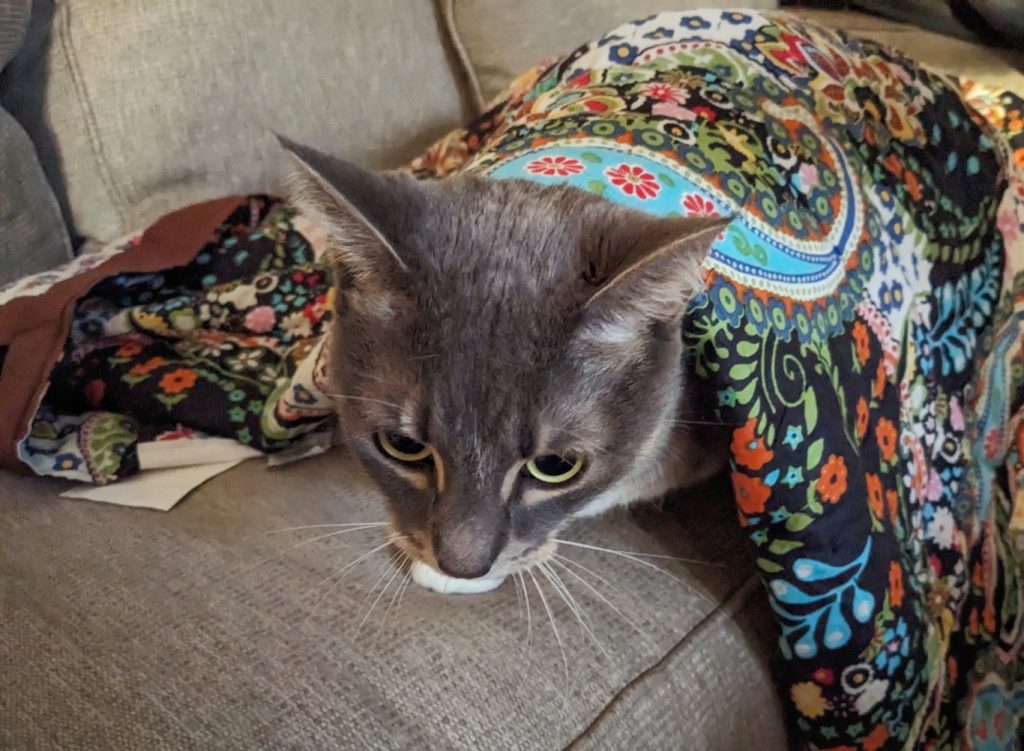
Another year, another Thanksgiving. Hecate, George, Luna, and Tuna are with us, and for that we are thankful. No joy is unmixed, however; this year we lost Lucifer.
Some readings for today, beginning with “Frederick Douglass” by Robert Hayden:
When it is finally ours, this freedom, this liberty, this beautiful
and terrible thing, needful to man as air,
usable as earth; when it belongs at last to all,
when it is truly instinct, brain matter, diastole, systole,
reflex action; when it is finally won; when it is more
than the gaudy mumbo jumbo of politicians:
this man, this Douglass, this former slave, this Negro
beaten to his knees, exiled, visioning a world
where none is lonely, none hunted, alien,
this man, superb in love and logic, this man
shall be remembered. Oh, not with statues’ rhetoric,
not with legends and poems and wreaths of bronze alone,
but with the lives grown out of his life, the lives
fleshing his dream of the beautiful, needful thing.
From Lincoln’s thanksgiving proclamation in 1864:
It has pleased Almighty God to prolong our national life another year, defending us with His guardian care against unfriendly designs from abroad and vouchsafing to us in His mercy many and signal victories over the enemy, who is of our own household. It has also pleased our Heavenly Father to favor as well our citizens in their homes as our soldiers in their camps and our sailors on the rivers and seas with unusual health. He has largely augmented our free population by emancipation and by immigration, while He has opened to us new sources of wealth and has crowned the labor of our workingmen in every department of industry with abundant rewards. Moreover, He has been pleased to animate and inspire our minds and hearts with fortitude, courage, and resolution sufficient for the great trial of civil war into which we have been brought by our adherence as a nation to the cause of freedom and humanity, and to afford to us reasonable hopes of an ultimate and happy deliverance from all our dangers and afflictions:
Now, therefore, I, Abraham Lincoln, President of the United States, do hereby appoint and set apart the last Thursday in November next as a day which I desire to be observed by all my fellow-citizens, wherever they may then be, as a day of thanksgiving and praise to Almighty God, the beneficent Creator and Ruler of the Universe. And I do further recommend to my fellow-citizens aforesaid that on that occasion they do reverently humble themselves in the dust and from thence offer up penitent and fervent prayers and supplications to the Great Disposer of Events for a return of the inestimable blessings of peace, union, and harmony throughout the land which it has pleased Him to assign as a dwelling place for ourselves and for our posterity throughout all generations.
Robin Flower’s translation of Pangur Bán:
I and Pangur Bán, my cat,
‘Tis a like task we are at;
Hunting mice is his delight,
Hunting words I sit all night.Better far than praise of men
‘Tis to sit with book and pen;
Pangur bears me no ill-will,
He, too, plies his simple skill.‘Tis a merry thing to see
At our tasks how glad are we,
When at home we sit and find
Entertainment to our mind.Oftentimes a mouse will stray
In the hero Pangur’s way;
Oftentimes my keen thought set
Takes a meaning in its net.‘Gainst the wall he sets his eye
Full and fierce and sharp and sly;
‘Gainst the wall of knowledge I
All my little wisdom try.When a mouse darts from its den,
O! how glad is Pangur then;
O! what gladness do I prove
When I solve the doubts I love.So in peace our task we ply,
Pangur Bán, my cat, and I;
In our arts we find our bliss,
I have mine, and he has his.Practice every day has made
Pangur perfect in his trade;
I get wisdom day and night,
Turning darkness into light.



 Marlene’s Note: Because Reading Reality is, at its heart – or mine – a book blog, I can’t resist mentioning a book series here that is absolutely on the nose for the topic at hand. If, after reading Galen’s excellent post about the labor of pilots and the labor of the people at the National Transportation and Safety Board who investigate incidents to help keep us all safe while we travel – and particularly while we fly – you’d like to explore that process a bit more in an exciting, fictional way, through the operations of a terrific group of characters, let me recommend (again, I’ve done it before in reviews) the
Marlene’s Note: Because Reading Reality is, at its heart – or mine – a book blog, I can’t resist mentioning a book series here that is absolutely on the nose for the topic at hand. If, after reading Galen’s excellent post about the labor of pilots and the labor of the people at the National Transportation and Safety Board who investigate incidents to help keep us all safe while we travel – and particularly while we fly – you’d like to explore that process a bit more in an exciting, fictional way, through the operations of a terrific group of characters, let me recommend (again, I’ve done it before in reviews) the 




